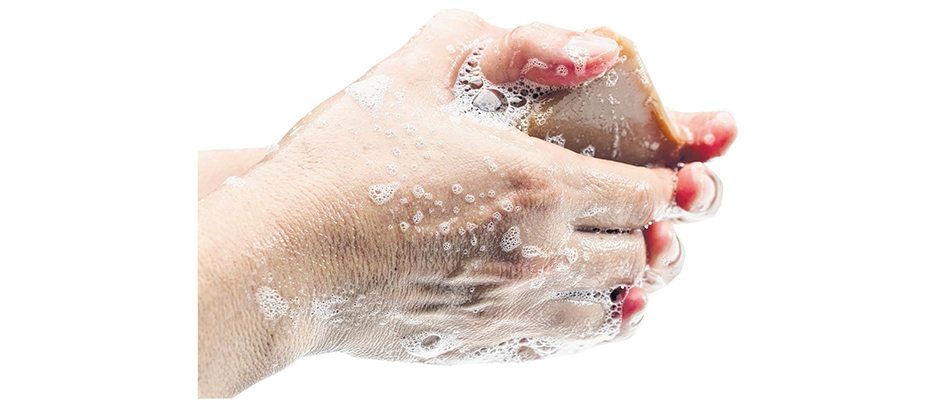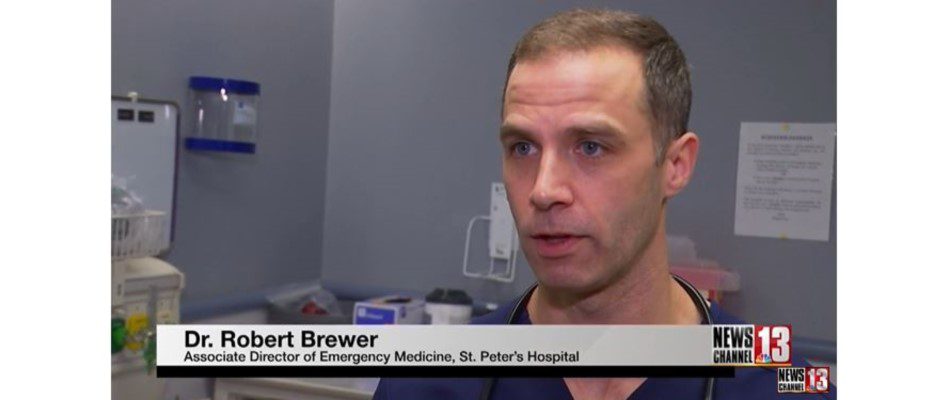
[This piece was written by Kassandra Foley, MT(ASCP)cm, CIC, Manager for Infection Prevention and Control, St. Peter’s and Albany Memorial Hospitals.]
The days are getting shorter, there’s a chill in the air – it is definitely starting to feel more autumnal outside. Winter is not far behind, which for many translates into heading indoors and remaining there until the first sign of spring.
Spending more time indoors; kids back to school; cold and flu season is looming – we are entering prime “germ sharing” time. It’s important to remember – and remind the children in your life – that washing your hands is the best defense against illness. Proper and frequent hand washing is still the best way to avoid getting or passing along infectious diseases such as colds, the flu or even more serious diseases.
You should always wash your hands:
- Before eating.
- After using the toilet, when the number of germs on your finger tips doubles.
- When you’ve coughed or sneezed.
- After you’ve petted or cared for pets.
- Before preparing food.
- After touching raw meat, poultry or fish and especially before you touch any fresh food, such as lettuce, that does not require cooking.
- When you’ve changed a baby’s diaper.
- When you’ve been working outside in the garden.
- After handling garbage.
- After you’ve taken medication or treated a sore on your skin.
- Before inserting or removing a contact lens.
How you wash is just as important as when you wash. Just placing your hands under running water for a few minutes will do little, if anything, to get rid of harmful bacteria. Always remember to:
- Use warm water and soap, lathering up all over the hands, in between the fingers, under the nails and up the wrists. Remember that millions of bacteria can hide under a ring, watch band or bracelet.
- Take at least 20 seconds – the time it takes to sing the Happy Birthday song twice – to wash, rubbing the hands vigorously together before rinsing.
- Dry the hands thoroughly with a clean towel or paper towel.
If you don’t have access to facilities to properly wash your hands, hand sanitizer will work in a pinch until you can wash your hands. But it is no substitute! Alcohol-based sanitizers don’t kill everything, including the highly contagious stomach bug norovirus and some bacteria like C. difficile. Plus, if you have any visible dirt or grime or sticky stuff on your hands, sanitizer likely won’t remove it.
At the end of the day, washing your hands with soap and water is the best hygiene method because it gets rid of the most germs, dirt, debris, and grime. That alone should be enough to convince you to lather up!





